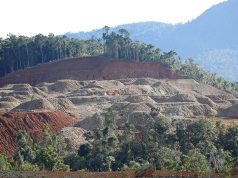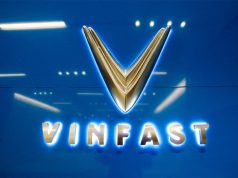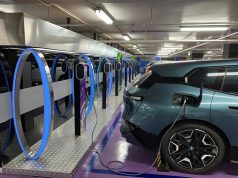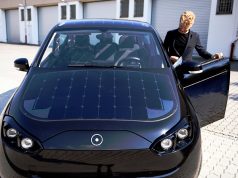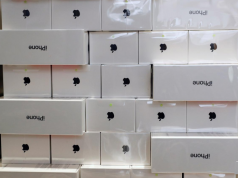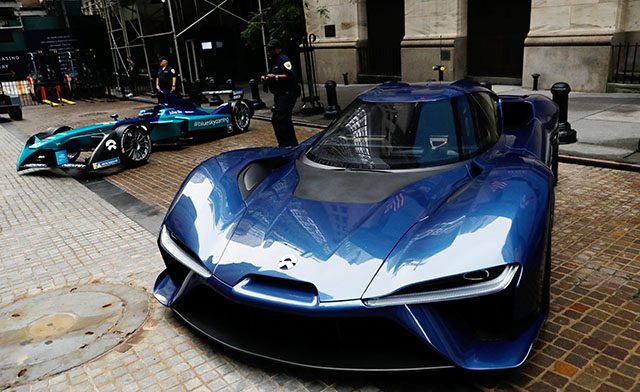
JAKARTA — Several global metals producers have set their sights on Indonesia’s nickel reserves to tap an expected surge in demand for the metal for electric vehicle batteries.
Sumitomo Metal Mining Co Ltd (SMM) said on Thursday that it and nickel miner PT Vale Indonesia are conducting a feasibility study to build a nickel processing project in Pomalaa, Southeast Sulawesi.
A spokesman for Vale said the plant would make an intermediate nickel and cobalt product that would then be processed into nickel sulfate for batteries.
Major nickel producers are taking a closer look at Indonesia whose large nickel laterite ore reserves are already prized for nickel pig iron used in stainless steel production.
Indonesia’s nickel ore has largely been overlooked by battery producers, as extracting the high purity nickel they need from it requires plants that are more costly and difficult to operate than conventional nickel smelters.
That could change if producers are willing to plow investments into high-pressure acid leach (HPAL) plants. The plants, which use heat and pressure to remove the nickel and cobalt from the ore, are regarded as technically challenging and expensive but produce high-quality metal.
Xiao Fu, Head of Commodity Market Strategy at BOC International, said on the sidelines of Asian Nickel conference this week that the EV market “could represent growth opportunities in Indonesia” and attract interest from Chinese battery makers.
“In Asia, everyone is racing toward this new game,” she added, referring to developing projects by, which is developing a huge nickel sulfate plant Western Australia, and by China’s Jinchuan Group.
“Indonesia’s strength is in nickel ore, and nickel pig iron, but there could be a shift if this is where the opportunities are,” Xiao said.
Vale Indonesia is working on obtaining environmental permits for the proposed 40,000-tonne smelter which will process ore extracted using high-pressure acid leaching (HPAL), Business Development Manager Steve Brown said on the sidelines of the conference.
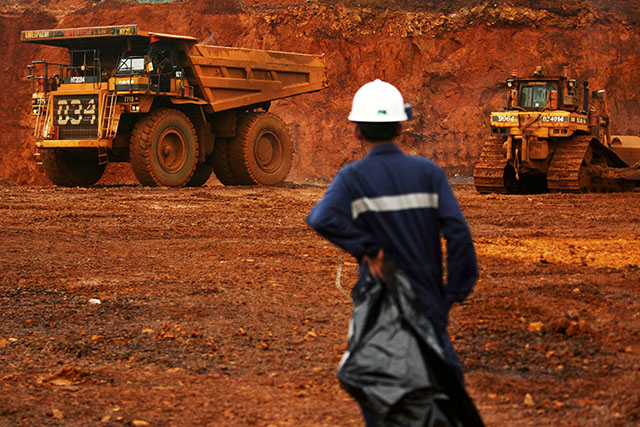
HPAL technology is “still emerging” in Indonesia, said Brown, noting that early entrants willing to invest in the more technically challenging field could be well rewarded. Brazil-based Vale is the world’s biggest nickel producer.
Chinese stainless steel-maker Tsingshan Holding Group, Indonesia’s biggest nickel producer, is leading a group seeking investors for a nickel sulfate plant to produce EV batteries in a $10 billion industrial park linked to its Weda Bay concession, the group said last month.
The group, which also includes China’s Huayou Cobalt Ltd and Zhenshi Holding Group, is looking to develop 9.3 million tonnes of nickel reserves in Weda Bay, in Malaku, jointly owned by France’s Eramet.
A China-based spokesman for Tsingshan deferred questions to its subsidiary Shanghai Decent Investment Group, which declined to comment.
Huayou’s board secretary did not immediately respond to a request for comment.
Liu Cheng, chief engineer and vice president of the China ENFI Engineering Corp, said his company is conducting studies for four Indonesian projects using HPAL to produce nickel for batteries.
Liu declined to name the companies involved because of non-disclosure agreements, but said the process could use nickel ores high in cobalt that is often discarded by Indonesia’s nickel pig iron industry.
Akira Nozaki, president of Sumitomo Metal Mining, said the feasibility study for the Pomalaa project would “probably” take up to two years.
SMM would like to take a majority stake in the project if it uses HPAL technology, Nozaki told Reuters. — Reporting by Fergus Jensen in Jakarta; Additional reporting by Yuka Obayashi in Tokyo and Tom Daly in Beijing; Editing by Christian Schmolinger




